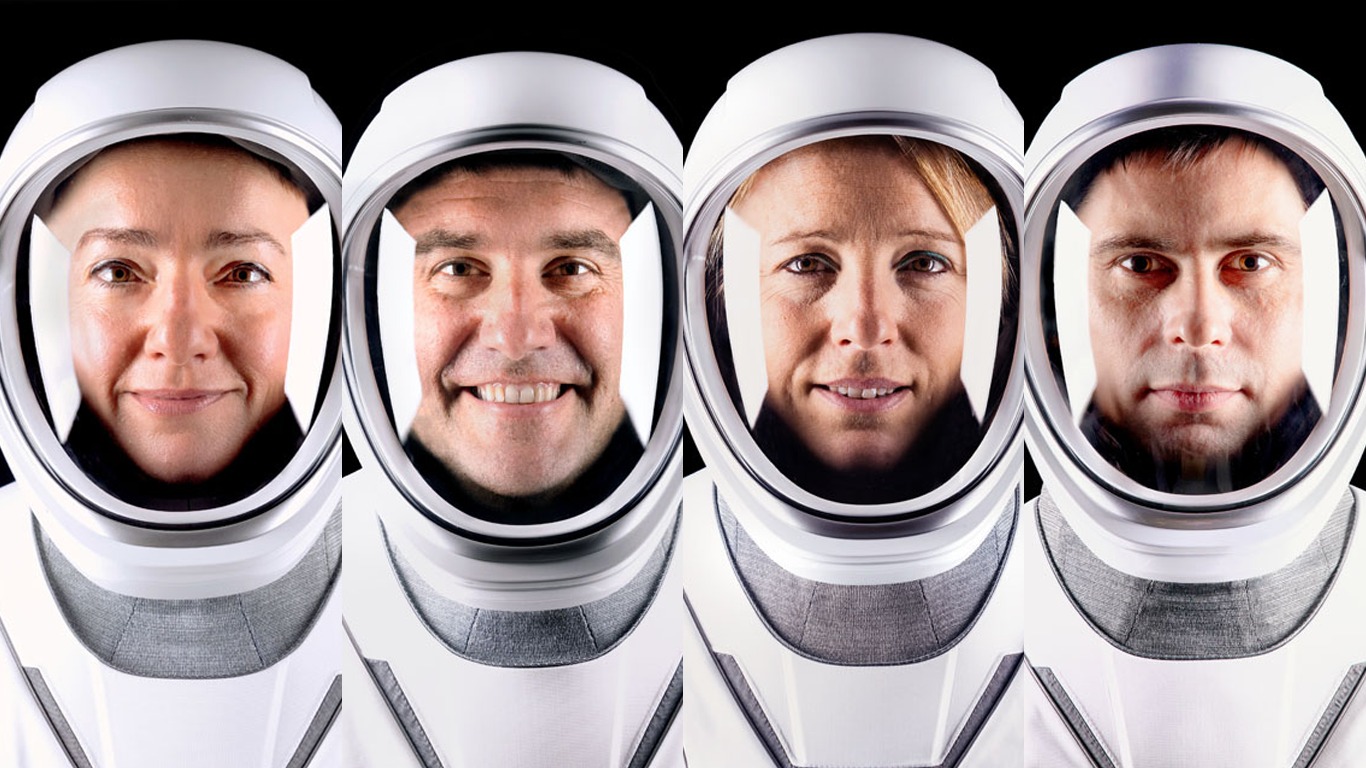Virgin Orbit will launch 7 satellites into orbit from carrier aircraft. Here's how to watch live.
Virgin Orbit plans to launch seven satellites this morning (June 30), and you can watch the spaceflight action live.
Virgin Orbit's carrier plane, known as Cosmic Girl, is scheduled to lift off from California's Mojave Air and Space Port today between 9 a.m. EDT and 11 a.m. EDT (1300 to 1500 GMT; 6 a.m. to 8 a.m. local California time). If all goes according to plan, the company's two-stage LauncherOne rocket will separate from the plane about an hour after takeoff and carry the seven payloads to orbit.
You can watch it all live on this page and here at Space.com, courtesy of Virgin Orbit, or directly via the company. Coverage starts at 8:30 a.m. EDT (1230 GMT).
In photos: Virgin Orbit's LauncherOne rocket for satellite missions
Virgin Orbit named today's mission "Tubular Bells: Part One" after the first track on Mike Oldfield's 1973 album "Tubular Bells," which was the first record ever released by Richard Branson's company Virgin Records. (Virgin Orbit, like the suborbital space tourism company Virgin Galactic, is part of Branson's Virgin Group.)
"Tubular Bells: Part One" will be the third launch for Virgin Orbit, following demonstration missions in May 2020 and January of this year. A ruptured fuel line in LauncherOne's first-stage engine prevented the rocket from reaching orbit on its debut launch, but the second flight went well: LauncherOne successfully delivered to orbit 10 tiny cubesats, which flew via NASA's Educational Launch of Nanosatellites program.
Today's mission will loft seven satellites into orbit for three different customers. Four of these satellites are cubesats developed through the Rapid Agile Launch Initiative, a project of the U.S. Department of Defense's Space Test Program. Also aboard the flight are a cubesat called BRIK II, which will be the Netherlands’ first military satellite, and STORK-4 and STORK-5, the first two Earth-observing satellites for Polish company SatRevolution's 14-spacecraft STORK constellation.
Breaking space news, the latest updates on rocket launches, skywatching events and more!
The 70-foot-long (21 meters) LauncherOne is capable of carrying about 1,100 lbs. (500 kilograms) of payload to Earth orbit. Virgin Orbit's air-launch strategy increases flexibility and responsiveness compared to traditional, vertically launched rockets, company representatives have said.
Mike Wall is the author of "Out There" (Grand Central Publishing, 2018; illustrated by Karl Tate), a book about the search for alien life. Follow him on Twitter @michaeldwall. Follow us on Twitter @Spacedotcom or Facebook.

Michael Wall is a Senior Space Writer with Space.com and joined the team in 2010. He primarily covers exoplanets, spaceflight and military space, but has been known to dabble in the space art beat. His book about the search for alien life, "Out There," was published on Nov. 13, 2018. Before becoming a science writer, Michael worked as a herpetologist and wildlife biologist. He has a Ph.D. in evolutionary biology from the University of Sydney, Australia, a bachelor's degree from the University of Arizona, and a graduate certificate in science writing from the University of California, Santa Cruz. To find out what his latest project is, you can follow Michael on Twitter.
